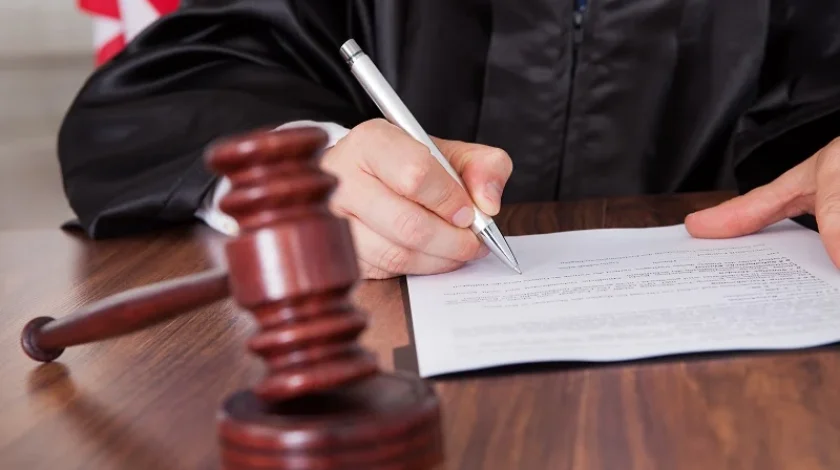The ongoing changes to the climate surrounding COVID-19 have caused the Family Court of Australia (FCOA) and the Federal Circuit Court of Australia (FCC) (“the Courts”) to continue to operate primarily in a remote capacity. However, final hearings are now slowly returning to in-person attendances and the Courts have made changes to the layout of their buildings in an effort to maximise the safety of all attendees.
In an updated Practice Direction issued by the Courts on 24 June 2020, the Courts confirmed practitioners and parties will continue to see the Courts operate electronically, limiting the need for people to physically attend Court. The new updates, in summary, include the following:
- Divorce lists: All divorces will continue to be dealt with virtually, with no appearance required for joint and sole applications where there are no children under the age of 18 years.
- Directions Hearing before a Registrar in the Family Court will be dealt with by phone or video and contested matters will be required to file written submissions as directed by the Registrar.
- Discrete property lists, PPP500 and contraventions will continue to occur by phone or video.
- Conferences and Alternate Dispute Resolution are to be conducted through Microsoft Teams, with the parties being required to serve the usual documents, including proposed orders, prior to the Conciliation Conference.
- Appearances before the Senior Registrar in the FCOA will occur also through video or telephone, with the parties needing to provide a short case outline and minute of proposed orders prior to the listing. If a party wishes to attend Court personally, they must email chambers of the Senior Registrar and provide a brief outline detailing why the matter is urgent and requires the parties to personally attend Court.
- Child Dispute Services: Interviews with adult parties are to be conducted via phone or videoconferencing, with Child Dispute Services to consider the circumstances of each matter where a child will need to be interviewed and assess the appropriateness of conducting such interviews electronically. In circumstances where an electronic interview is not appropriate, then an interview in-person will be conducted at the registry.
Prior to the listings, the Court will email practitioners and unrepresented litigants with details of the upcoming listing and how to proceed. Parties/practitioners will be required to provide their direct contact details to the Registrar by 4.00pm and two business days prior to the listing.
As of 1 July 2020, both the Family Court and the Federal Circuit Court have increased their fees.
If you have any questions concerning the above, or require assistance with an agency matter, please do not hesitate to contact a lawyer in Coleman Greig’s Family Law team, who would be more than happy to assist you today.














